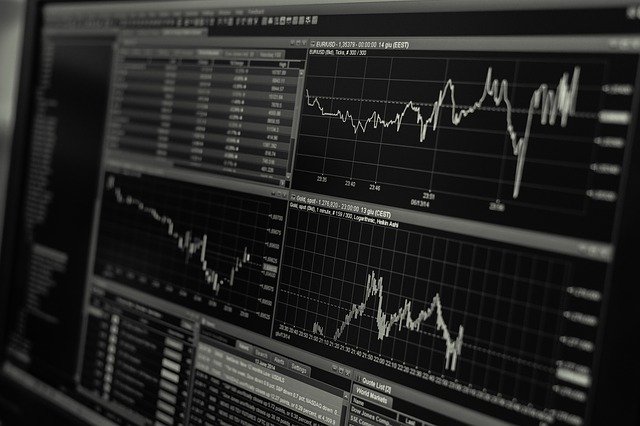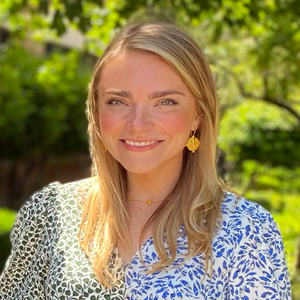
This month we feature the newly consolidated January 2021 Short Squeeze Trading Litigation. The events surrounding this particular mass tort made headlines throughout the first quarter of 2021 and captured the public’s interest to such an extent that it garnered a tongue and cheek reference on Saturday Night Live. The following details the litigation and its current status.
Background:
What is Robinhood?
Most of the events at the center of this litigation took place on the stock trading app Robinhood, which is an online brokerage firm that has billed itself as “everyman’s financial tool”. On its website, the company states that its mission is to democratize finance for all, boasting “At Robinhood, we believe the financial system should be built to work for everyone. That’s why we create products that let you start investing at your own pace, on your own terms.”
As its name suggests, Robinhood has built its business around the premise that it looks out for the interests of the everyday retail trader, proudly proclaiming on its Twitter account in 2016, “Let the People Trade!” The app focuses its marketing towards younger would-be investors and has seen a significant uptick in users during the COVID-19 pandemic as people have been confined to their homes. Currently, Robinhood claims to have 10 million users.
The Rise of the Meme Stock
The allegations surrounding this litigation began in the first days of January 2021 when independent retail traders began to convene on social media platforms and most notably on the popular sub-Reddit r/WallStreetBets. The objective was to form a plan to curb large hedge funds from making bets on the downward trajectory of certain securities namely, GameStop Corp, AMC Entertainment Holdings Inc., American Airlines Group Inc., Bed Bath & Beyond, BlackBerry Ltd., Express Inc., Koss Company, Naked Brand Group Ltd., Nokia Corp., Sundial Growers Inc., Tootsie Roll Industries, Inc. and Trivago (known collectively as “relevant securities”). Around this time, according to plaintiffs in the litigation, subscribers to r/WallStreetBets noticed that several hedge funds and investment firms had acquired and possessed massive “short” positions on the relevant securities. Numerous retail traders were using the popular online brokerage firm Robinhood in order to trade.
Many of the complaints similarly described how short sellers borrowed shares or other interests in corporate stock, securities or other assets, and in so doing, were betting that prices of the securities decrease. If the stock prices do drop, then a short seller buys the stock back at a lower price and return it to the lender, with the difference between the sell price and the buy price generating a profit. Short sellers are in essence betting on a stock’s failure or decline.
As retail investors saw this trend happening, they made a collective choice to artificially increase the value of the relevant securities, focusing their efforts mainly on stock from the company GameStop. By artificially increasing the value of the relevant securities, Robinhood users were creating a so-called “meme stock,” which is a stock that experiences a major increase in value not because of the company’s actual performance, but because of social media hype.
Due to the rapid artificial increase in the value of stocks like GameStop, a short squeeze occurred which severely upset the institutional investors’ short position. The sharp increase in value of the relevant securities exposed the short sellers to huge losses as they were faced with increasing pressure to buy back stock to exit their short positions in order to mitigate their potential losses. For reference, the price of GameStop stock went up 680% in January 2021.
Plaintiffs Allegations:
According to plaintiffs, as the value of the relevant securities, especially GameStop, continued to artificially rise due to the combined efforts of retail investors on Robinhood on January 27, 2021, Robinhood, in order to slow the growth of the GameStop stock, abruptly, purposefully, willfully and knowingly pulled GameStop stock from their app, thus depriving customers of the ability to use their service. Robinhood’s actions meant that retail investors could no longer buy or even search for GameStop on the Robinhood app.
Plaintiffs all commonly argue that Robinhood’s actions were done purposefully and knowingly in an attempt to manipulate the market for the benefit of people and financial institutions who were not Robinhood’s customers. Further, the plaintiffs argue that Robinhood, along with several hedge funds, conspired to fix, suppress, maintain or stabilize the prices of the relevant securities. In addition to Robinhood, several hedge funds and investment firms are named as defendants in the litigations including Ally Financial Inc., Alpaca Securities, Citadel Enterprise Americas LLC, Citadel Securities LLC and Melvin Capital Management LP.
Procedural Status:
The Judicial Panel on Multidistrict Litigation (“JPML”) issued a transfer order on April 1, 2021, consolidating Short Squeeze Trading Litigation into Multidistrict Litigation (“MDL”) in the Southern District of Florida under Judge Cecilia M. Altonaga. Currently, the MDL is made up of 50 litigations across at least 14 federal districts. Leadership positions are likely to be announced in the coming weeks.
The case is: In Re: January 2021 Short Squeeze Trading Litigation Case No.: 1:21-md-02989




